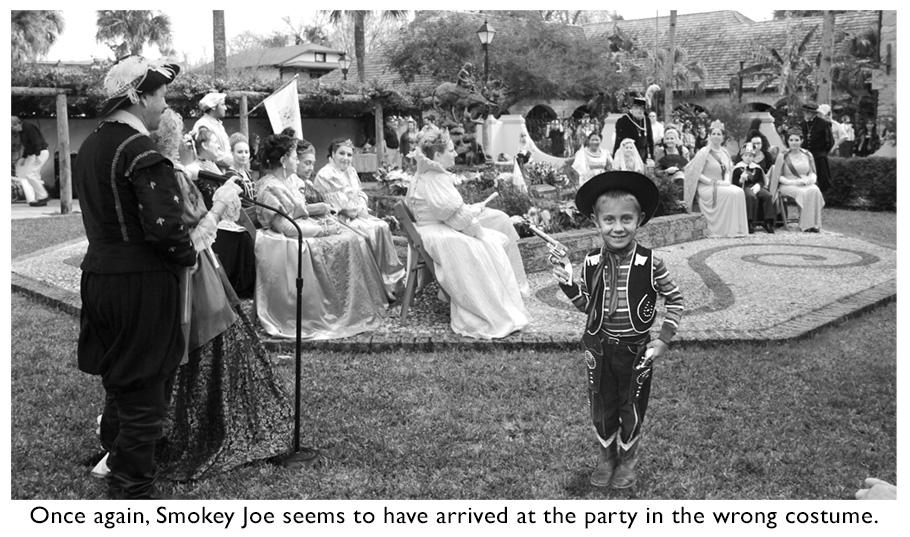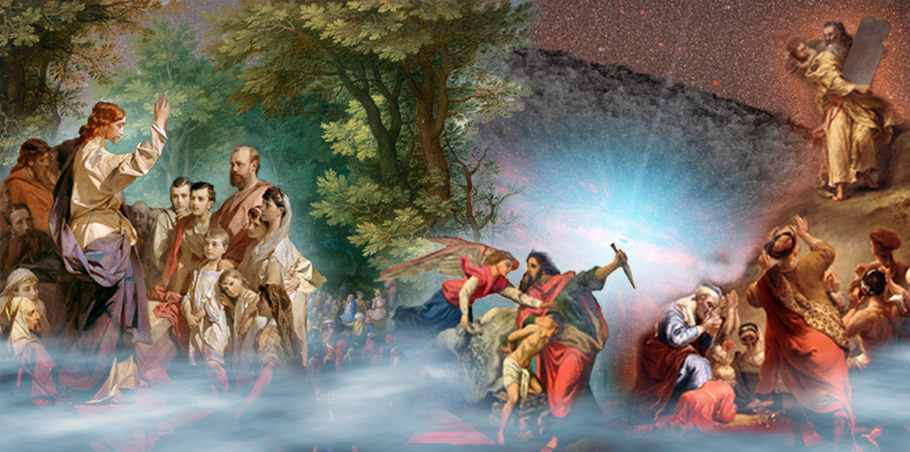 The last blog post I made the other day garnered a couple of pretty harsh reviews from dear and trusted friends. I almost took it down and thought better of it. The blog can’t be just about what I want to say. I’m actually happy for intelligent negative comments because it will cause me to more accurately convey what I feel drawn to express, and if it changes my opinion, then so much the better. In the same light, I hope I can say something that will helps us all through this crazy life.
The last blog post I made the other day garnered a couple of pretty harsh reviews from dear and trusted friends. I almost took it down and thought better of it. The blog can’t be just about what I want to say. I’m actually happy for intelligent negative comments because it will cause me to more accurately convey what I feel drawn to express, and if it changes my opinion, then so much the better. In the same light, I hope I can say something that will helps us all through this crazy life.
The biggest complaint about my post was that it came too much from my head and not enough from my heart. That is true. I actually had rewritten parts of it to “friendly” it up a bit, so I can’t say I was unaware of the issue. But I didn’t do such a great job of presenting its significance in a particularly understandable fashion. I think I’m pretty dang lucky to have friends who love me enough to voice their views of what I am trying to convey. I do tend to approach subjects first with my head, though, and then with my heart. So I’ve gotta tell you what I think about this first, and then maybe what I feel about it.
For most of my life I have processed information with the opinion that what I thought about it was more important than what I felt about it. A few years ago I was reading a book by Gregg Braden — actually I think I read several stories in a few of his books, including Secrets of the Lost Mode of Prayer — and he told the story of meeting the abbot of a Tibetan monastery who had advised him that the meaning of the prayer was in the feeling more than the saying of the words. It took a few times hearing the same message, but it finally sunk in to me that this was exactly right. Feelings hold a deeper truth because feelings cannot lie. By thinking we can cover over the feelings, but the truth of our deeper selves lies in our feelings.
I realized that, for me, there are two ways that ideas move to my sense of feeling. The first way is through my mental process. First I hear something, or have an idea about something which causes me to form an opinion. This becomes what I believe. Thoughts can linger in my belief system for a long time, but I may respond according to those beliefs or not, often depending on how stressful the situation is.
For example, I consider myself a strong opponent of the death penalty. At the same time, I have had three friends who were murdered. The killer from the third of those committed suicide shortly afterwards, however the other two were captured and taken to prison. The first was one of my closest friends from my late teens, Elmer. The guy who shot him was about our age and had killed four people in two separate incidents. He was convicted during the time when the death penalty was outlawed, so received four life sentences. Years later with the advent of the Internet, I came across a database of inmates in the Florida prison system so I decided to see where in the prison system Elmer’s killer was. I found he was not in the database. My first thought was that he had died, but soon realized that there was a possibility that he had been paroled and was free. As much as I professed to believe in second chances I was suddenly aghast. “He can’t be free! Elmer is still dead!” The deeper feeling had over-ruled my professed beliefs. I was haunted by those feelings for several days until it dawned on me that Elmer’s killer, who was a very intelligent fellow, may have changed during his time in prison. I imagined him as having realized what all he had wasted, both for himself and four families, and I came to find some peace in knowing he is back in society, and maybe even a productive part of it.
But life has a way of forcing the issue. I had a second friend murdered by her ex-husband. The husband had some measure of prominence and received a fairly light sentence of seven years. And a few years later I read an article that mentioned him as participating in an event. I went through the same emotions all over again. My feelings still did not match my beliefs. I was able to come to terms with this one when I learned that he was working in the community helping former prisoners readjust to life outside prison.
I think my beliefs finally joined my feelings when I began working with some inmates in a maximum security prison and saw some of them as people who had made a mistake they deeply regretted. I understood the matter from the other side of the fence, so to speak. Just in the last week or so I’ve been elated to hear that one of those inmates, who has been incarcerated for well over 20 years, has earned a parole. He has worked hard during his time in prison and will be a great benefit to the community that accepts him.
The way that something gets imbedded into my feelings without going through the thought process is through a life-changing event. The biggest one for me has been divorces. I’ve been through two divorces and no matter what I think about relationships now, if a relationship starts getting too close I back away. I can think about it all I want, half an arm’s length seems to be my comfort zone. I’m not entirely sure I want to change that right now.
So what all of this has to do with my previous post is this. One of my foundational beliefs, and one that I hope is securely embedded in my deeper self, is that we live in a “we” world rather than just a “me” world; that there is an underlying unity enveloping our existence that streams from a source that is pure consciousness. Many religions have stated or implied this, including Christianity, and I have found that Science also seems to point in that direction. The deeper principles of Science apply very well to the dynamics of our human experience. The last post was an attempt to illustrate this.
If we view our lives as having a deeper connection, the nature of our personal interactions, from being more “me” centered to more “we’ centered, begins to reflect that understanding. The emphasis moves from competition to more cooperation and the world becomes a kinder and better place. I want people to understand this and ultimately respond to the idea.
We can come to embrace this idea through our thought processes or through direct experience. My idea is to accept this notion intellectually until direct experience helps us truly embed it into our subconscious. My last post was an attempt to show that Evolution is one of the basic attributes of our physical existence and how we are evolving in the direction of embracing our underlying unity. This is despite what seems to be a chaotic world right now. I used the example of the Biblical narrative since many Christians are resistant to any notion that involves the word “Evolution.”
I hope that clarifies that. I informed my friend, Marilyn, that I was planning on explaining life’s processes through the principles of thermodynamics. Her response was, “ARRRGGGHHH!” OK! OK! I’ll try to make it fun.
